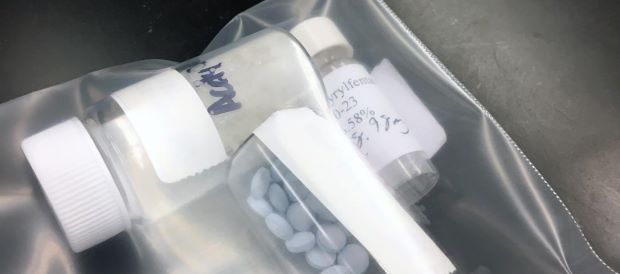
Last updated on November 29th, 2024 at 02:48 pm
Fentanyl is a powerful synthetic (lab-made) opioid. Prescription fentanyl is FDA -approved to treat severe pain related to surgery or complex pain conditions. Over the past decade, fentanyl that is made and distributed illegally has become increasingly common in the illegal drug supply and has contributed to a surge in drug overdose deaths.
People sometimes take illegally made fentanyl knowingly, either by itself or with other drugs in various forms, such as powders or pills. People can also unknowingly consume fentanyl when it is mixed into or sold as other drugs, including heroin, cocaine, or counterfeit pills.
Can a person overdose on fentanyl?
Yes. Because fentanyl is about 50 to 100 times more potent than morphine, even a very small dose of fentanyl can be deadly. Using a drug that has been contaminated with or replaced by fentanyl can greatly increase the risk of a life-threatening overdose. However, an emergency medicine called naloxone can reverse an opioid overdose related to fentanyl. Learn more about naloxone.

Fentanyl can be made into pills or powders, which can unknowingly get mixed into other drugs.
Is fentanyl addictive?
Using fentanyl regularly can lead to an opioid use disorder (OUD). OUDs are chronic but treatable medical conditions that involve changes in our brains, which makes stopping very difficult without support. Fortunately, help is available. Effective medications that address cravings and withdrawal symptoms, as well as behavioral treatments, can help people with OUDs. Learn more about finding help on FindTreatment.gov.
What are the possible effects of fentanyl?
- Feeling of extreme happiness (euphoria)
- Feeling relaxed
- Pain relief
- Confusion
- Drowsiness
- Dizziness
- Nausea or vomiting
- Constipation or difficulty urinating
- Very small pupils
- Sedation
- Breathing problems
- Unconsciousness
- Opioid overdose
The National Institute on Drug Abuse supports research to develop new ways to treat OUD and to help people find treatments that are right for them.
